Focusing on supply-chain management – better safety, monitoring and quality

Food manufacturers are increasingly focusing on supply-chain management. The ever-increasing pressure within the market and consumers’ high expectations necessitate high-precision distribution – along the entire supply chain. At the same time, transparency, traceability, efficient processes and, not least, maximum safety must also be ensured.
How food manufacturers can manage their supply chains
According to Ayed Katrangi, Senior Product Manager Digital Marketing at SIG, supply chains today are more complex and intricate than ever – especially in the food and beverage industry. Although the reasons for this are varied, it is mainly due to globalization and the increasing cross-border movement of goods between manufacturers and middlemen. This development makes it more difficult to carry out monitoring and achieve traceability in the value chain. This in turn means that the risks regarding food safety increase enormously.
Only two out of ten German companies have already begun digitalizing their supply chains. And only eight percent of decision-makers in the area of logistics have successfully launched a transformation process. This is the conclusion of the Hermes barometer “Trends in supply-chain management.”
In light of this fact, suitable IT solutions for supply-chain management are becoming increasingly relevant. However, a number of questions crop up again and again: How can available technologies be used effectively? What data from which areas need to be brought together? Where do improvements need to be made in order to be able to generate data and get it flowing?
Supply-chain management: Digital technologies ensure transparency
Digital technologies and track-and-trace solutions allow 100-percent connectivity and traceability along the entire supply chain – from packaging and the origin of the raw materials used, to the process lines involved, the processing time and the personnel. What sounds complex is in actual fact a highly ambitious yet thoroughly solvable task.
After all, the required control systems are available everywhere. In addition, virtually every company in the food industry has an ERP (enterprise resource planning) system, which makes it possible to plan and control internal company resources in good time and according to requirements. These include capital, personnel, operating and other materials as well as information and communications systems. Generally speaking, the data needed for optimum supply-chain management are already available. In principle, they merely need to be brought together in the correct form.
Megatrend: connectivity along the supply chain
From commercial areas to production and logistics: With the advent of Industry 4.0, this comprehensive data collection and connectivity within all processes will probably be the biggest megatrend for food manufacturers today. The collection and use of process data by integrated systems and intelligent evaluation software will open up a wide range of possibilities for supply-chain management, e.g. extensive quality control, improved production efficiency and optimized recall management – especially if track-and trace-systems are used.

Data are collected during the entire product life cycle and stored in a comprehensive database. At the end of each data set, an individual QR code can be allocated to each item of packaging to generate a “connected pack” [SIG]. Solutions of this type help manufacturers of branded products to protect their products against counterfeiting. The individual serialization of each item of packaging serves as a clear indicator of the authenticity of the product – making the gap between the food industry and the pharmaceuticals industry a little bit smaller.
Supply chain at drinktec 2021
drinktec, the world’s leading trade fair for the beverage and liquid food industry, will show how end-to-end traceability, the serialization of individual product units and, above all, maximum food safety can be generated or ensured today. The next drinktec will take place in Munich from September 13 to 17, 2021, and will offer a condensed yet comprehensive overview of the current technology – in particular IT solutions that are specifically designed for the food industry.
